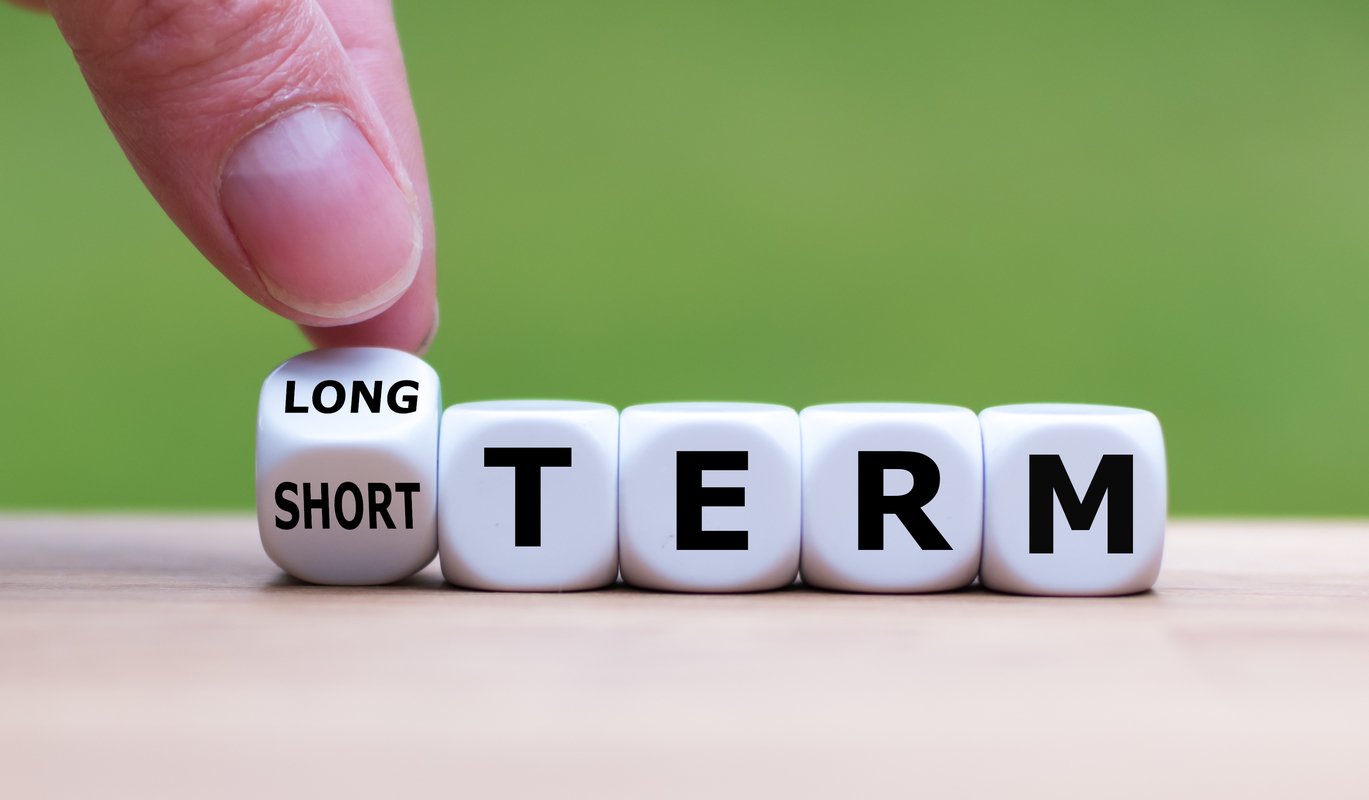We're nearing the end of 2013, but as we looked at last week, there will be no rest for the Food and Drug Administration. We may often criticize the speed at which the agency reviews new drug applications and point to what seem like unnecessary safety protocols that companies need to follow to bring their new therapy to market, but over the past decade the speed and effectiveness at which the FDA is operating is actually quite commendable.

Heading into 2014 will be no different, with more than two dozen FDA advisory panel and PDUFA decisions already on the docket, and more almost assuredly going to be added early in 2014. This means the potential for numerous game-changing drugs to be approved next year, which could result in big boosts for the companies behind the development of these drugs.
Obviously, nothing is set in stone, but here are five experimental therapies that, if approved in 2014, have the potential to cumulatively help millions of people.
Dapagliflozin (a.k.a. Forxiga)
With a PDUFA goal date of Jan. 11, AstraZeneca and Bristol-Myers Squibb's (BMY +3.13%) Forxiga as it's known where it's approved in Europe, is looking to become the second SGLT2 inhibitor to hit the U.S. market to treat type 2 diabetes. SGLT2 inhibitors like Forxiga could represent the next-generation treatment for type 2 diabetes in that they work in the kidneys as opposed to liver and pancreas and deliver the welcome side effect of weight loss, compared with oft-prescribed DPP-4 inhibitors such as Merck's Januvia, which are weight-neutral.
After the FDA denied approval in January 2011, AstraZeneca and Bristol are back to give it another go, with a new round of impressive late-stage data showing what appears to be a superior reduction in HbA1C levels relative to placebo and a similar adverse-events profile that should remove many of the concerns the FDA previously had about adverse effects of Forxiga. It's still not a lock for an approval, but with Johnson & Johnson's SGLT2 inhibitor, Invokana, approved this year, and some 25.3 million people suffering from diabetes, 90% of which is type 2 diabetes, it could very well become Forxiga's time to shine in 2014.
Imbruvica
With a PDUFA goal date of Feb. 28, perhaps no drug stands to make a more rapid instant impact on cancer suffers than Pharmacyclics (NASDAQ: PCYC) and Johnson & Johnson's Imbruvica.
Imbruvica was approved three weeks ago as a second-line therapy to treat mantle cell lymphoma, but Pharmacyclics' shareholders are eager for the drug to receive an approval to treat chronic lymphocytic leukemia, the most common form of adult leukemia. In a mid-stage study, Imbruvica (previously known as ibrutinib) delivered an overall response rate of 71%, with a rate of progression-free survival of 75% after 26 months. Imbruvica's results were so far and away better than the current standard of treatment that current projections on the Street are calling for peak sales estimates as high as $7 billion for the drug. With Imbruvica being designated a breakthrough therapy and delivering incredible results, I have a hard time seeing how it doesn't get approved to treat CLL come February -- or sooner!
Afrezza
With a PDUFA goal date of April 15, MannKind's (MNKD 6.92%) inhaled insulin drug, Afrezza, which could be used to treat type 1 and type 2 diabetes, is certainly an experimental therapy with a ton of potential.
The road to a possible approval hasn't been easy for Afrezza, with the FDA rejecting it in 2010 because of concerns about its efficacy and its delivery device. With a completely new device known as the Dreamboat, which replaced its MedTone inhaler, as well as fresh phase 3 data showing a superior reduction in A1C levels relative to the placebo, the possibility of a more convenient and pain-free glucose control therapy is well within reach. Clearly, price point could be a stumbling block, as well as tempered analyst expectations, but the potential market for Afrezza, assuming an approval, could be bigger than Wall Street analysts are predicting.
Idelalisib
Gilead Sciences' (GILD +2.09%) idelalisib, a treatment for indolent non-Hodgkin's lymphoma, could find its way in front of the FDA for an approval decision as soon as mid-May, depending on whether the drug is granted a priority review -- the target date on its priority review is a week away.
Most eyes right now are on the company's experimental hepatitis-C drug, sofosbuvir, which, in its own right, could revolutionize hep-C treatment. However, investors would be foolish to overlook idelalisib, which delivered a 53.6% overall response rate and a median duration of response of 11.9 months in a mid-stage trial on iNHL patients. Furthermore, the median time to response was rapid, just 1.9 months, and 89% of patients demonstrated some lymph node shrinkage. With idelalisib also showing strong efficacy in treating chronic lymphocytic leukemia, it could be the next under-the-radar cancer blockbuster.
ABT-450/r + ABT-267 + ABT-333
This lovely group of numbers that looks like an algebra nightmare is actually the direct-acting antiviral combo drug from AbbVie (ABBV 3.74%) designed to treat genotype 1 hepatitis-C, the most common form of the disease.
I'm jumping the gun a bit with this DAA combo drug, as AbbVie has yet to even file a new drug application since it's currently working on late-stage clinical studies, but with its designation as a breakthrough therapy compound, I'd suspect an NDA, accompanied by a priority review, is coming in early 2014. In its first phase 2b trial, AbbVie's DAA-combo achieved a sustained virologic response (i.e., an elimination of detectable levels of the disease at 12 weeks) in 99% of treatment-naive patients, while 93% of null responders demonstrated an SVR at 12 and 24 weeks. Furthermore, AbbVie's DAA-combo is administered without interferon, giving it a potential one-up on Gilead's sofosbuvir, which is interferon-free for genotype 2 and 3 hepatitis-C. As my Foolish colleague Brian Orelli warned, don't crown Gilead the new hepatitis-C king just yet!
Editor's Note: A previous version of this article incorrectly referred to AbbVie's phase 3 clinical trial. The Fool regrets the error.









